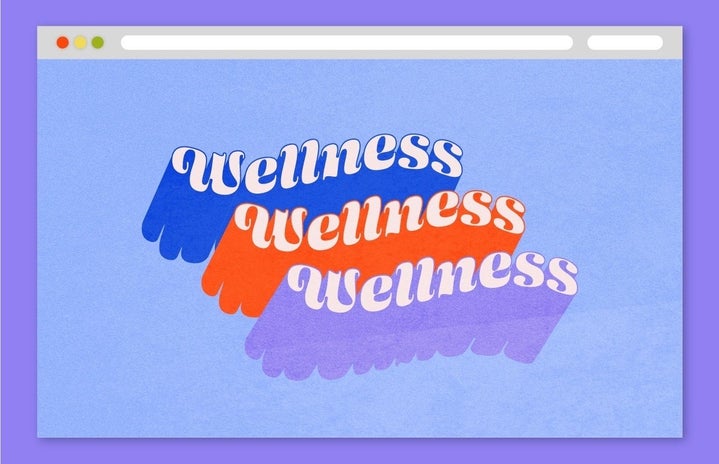“How to stay motivated at the gym”, “How to get 8 hours of sleep”, “How to commit to a healthy diet”. It is rather easy to notice how social media’s wellness culture often revolves around physical wellness, and has the tendency to overlook the emotional aspect of health. As important as physical health and wellness are in keeping our bodies functioning properly, emotional well-being requires more than a challenging gym workout routine.
Emotional wellness is usually defined as one’s awareness, understanding and ability to handle and control emotions and feelings. Emotionally healthy people are in tune with their emotions, accepting the whole range of them, and they are able to both process and express their emotions and feelings effectively. This might make you think “oh, this seems nothing unusual” and it indeed isn’t, but that’s exactly what often makes it so tricky. Today’s fast-paced lifestyle alone is often enough for one to justify neglecting their emotional well-being. Here’s how you can make sure your emotional wellness gets the attention that it deserves.
1. Allow yourself to feel your emotions
As much as we wish we could only deal with endorphin induced positive feelings, negative and uncomfortable emotions are just as normal and needed for our overall well-being. It is essential, but also beneficial to allow yourself to feel negative feelings, as they often function as inner signals when there is a need for a change of some kind. They can be clues of health issues, problems in relationships or other stress factors in our surroundings. It is important to allow yourself to feel emotions of all kinds, as suppression of them often leads to physical stress which can manifest itself as anxiety, anger issues, eating disorders and even depression. Allowing negative feelings can feel hard at times as it is often being stigmatised as weakness. Therefore it is important to keep in mind that there is actually nothing healthier than allowing your emotions the space and time they need, yet bearing in mind that once those feelings have been processed, it is also important to know when to let go of them.
2. Express your emotions and talk about them with someone you trust
Once you have allowed yourself your feelings, you may feel the need to express them. Whether that is shedding a tear (or crying your eyes out) or talking to someone, it is important to do so. In an ideal world you would always have someone trusted by your side, but sometimes even a piece of paper can work as a great platform for expressing your emotions. There can also be a time that you might want to do both, when you can start by writing your thoughts down on paper, which might then help you with expressing them to someone else. Don’t be afraid of crying either, as it can in fact be of a big help. Crying releases the so called “feel-good” hormones in you which in turn might help you cope with your emotional state of mind.
3. ALLOW YOURSELF TO MAKE MISTAKES
Have you ever heard anyone telling you “Don’t be so hard on yourself.” and thought “But I can’t accept this mistake from myself”. I feel you. The truth is, though, that there is a difference between constructive self-criticism and unconstructive self-loathing. It is a good idea to evaluate your mistakes and look for a way to avoid repeating them in the future, but excessive criticism on yourself can be very harmful as it can be negatively affecting your self-imagine and confidence. And if nothing else, mistakes can work as a great, yet not always the easiest, learning experience.
4. Talk to yourself more positively
Hearing compliments is always nice and in the best case, it can support and foster our healthy self-image. However, we cannot rely on others for our own well-being. Therefore, it is important to pay attention to the content of your self-talk and try to minimise any self-destructive content, as the way you talk to yourself can have a massive impact on your emotional wellness. Positive affirmations and compliments along with self-care can go a long way when it comes to forming a healthy and positive self-image which contributes to your emotional well-being.
Emotional wellness consists of multiple different elements, physical health being one of them, but emotions and feelings in general often require more work inside than outside our bodies. Listening to your feelings is not always as easy as it sounds and sometimes our up-bringing can even discourage us from doing so. However, by practicing acceptance and positivity in the way you talk and view yourself, you can increase your emotional wellness and give it the attention that it deserves.

